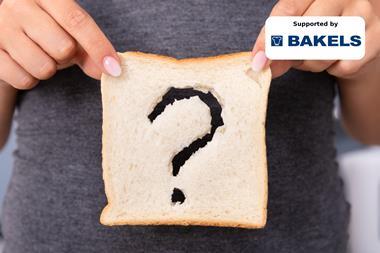pH is a measure used to determine a product’s acidity or alkalinity.
There are a number of ways of measuring pH; the most common is with a pH meter that displays the pH value on an electronic display. The pH in baked products ranges from around 4 (acidic) for a sourdough, up to around 8 (alkaline) for soda bread. Most bakery products have a pH of around 5-6 and are therefore slightly acidic.
pH is important for mould-free shelf-life, among other things. The two most common preservatives used with bakery products are calcium propionate and potassium sorbate. When added to a product, a portion of the preservative will be in the acid forms (dissociated) of propionic acid and sorbic acid, and a portion will remain in salt form. It is only the acid form that offers any preservation against mould. The pH of the bakery product determines the amount of preservative in the acid form, so the lower the pH, the more effective the preservative.
Mike Adams, bakery science section manager, Campden BRI
Campden BRI provides technical support to the food, drinks and allied industries worldwide. Its activities are built on a programme of industrial relevant research and innovation steered by industry. See campdenbri.co.uk or telephone 01386 842000





























No comments yet